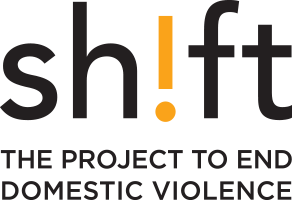Authors: Exner-Cortens, D., Spiric, V., Crooks, C., Syeda, M., & Wells, L.
Date: June 2019
Implementation of evidence-based, Tier 1 social-emotional learning (SEL) programming that supports healthy relationships skills is recognized as a key mental health promotion and violence prevention strategy for youth. However, work specifically exploring how to support the high-quality implementation of such programming with Canadian teachers and schools is just beginning to emerge. Drawing on implementation frameworks that emphasize the importance of setting, provider and implementation process characteristics for understanding program implementation outcomes, this prospective, longitudinal study explores implementation of the Fourth R, a SEL-based healthy relationships program, in a Western Canadian province using a sample of middle school teachers. The aim of this mixed-methods study was to illuminate relationships among teachers’ attitudes towards evidence-based programming, perceptions of organizational climate and training experience with program implementation outcomes (dosage, quality, fidelity). Findings of this exploratory study identified that these characteristics influenced implementation dosage, quality and fidelity in differential ways. Qualitative data drawn from teacher interviews supported quantitative findings, and highlighted the importance of organizational support for high-quality implementation. We discuss areas for further study, given that there are significant gaps in knowledge about teachers’ attitudes towards evidence-based programming, school climate and other systemic factors in the Canadian context, as well as relevance of study findings to the field of school psychology.


